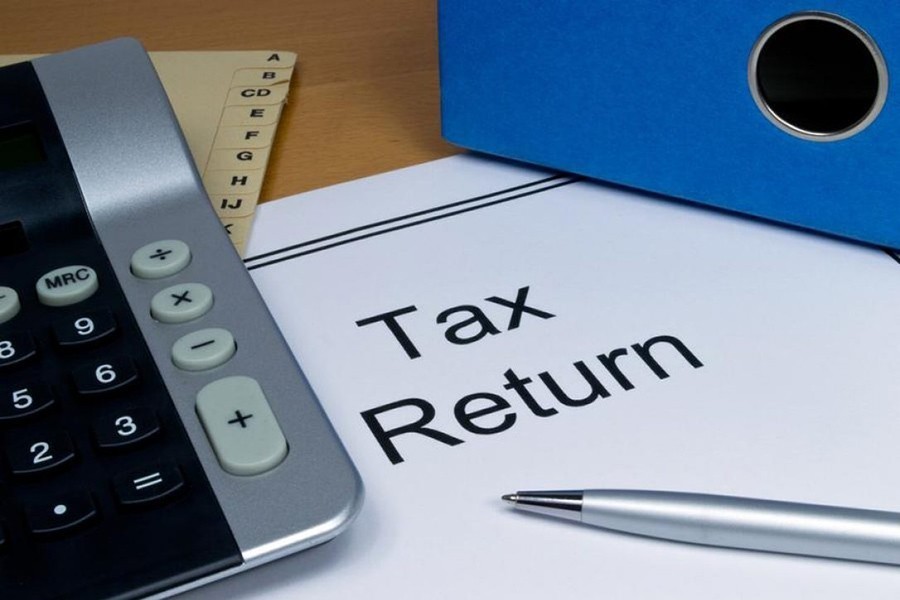The last date of filing annual income tax return has come and gone. The year has been one of disappointment for the National board of Revenue (NBR) as the projected growth of people who filed returns fell short of expectation. In a bid to improve the dismal situation in terms of direct taxation, the government had made it mandatory for taxpayers to file tax returns in order to avail 38 services. Again, the tax authority made it clear that if any taxpayer failed to submit his/her return after the deadline expired on December 31 (which is the extension period beyond November 30), that person would be subject to a 2.0 per cent penalty. Despite a raft of measures, "return submission by individual taxpayers grew by a modest 21.74 per cent by the extended deadline in the current tax year". Perhaps, it is time to look at some of the factors that led to this situation in the broader scheme of things.
The country has one of the lowest tax-GDP ratios in the world. Yet, Bangladesh is considered to be a N11 nation. According to Wikipedia, the Next Eleven (or N-11) are eleven countries-Bangladesh, Egypt, Indonesia, Iran, Mexico, Nigeria, Pakistan, Philippines, South Korea, Turkey and Vietnam-that Goldman Sachs investment bank says will probably become some of the world's largest economies in the 21st century, together with the BRICS. For a country that has been posting an average growth rate of nearly 6.5 per cent over a decade, it is confounding to see that the country has such a low income tax base. While policymakers may point out a hundred and one reasons for this paradox, there are some very valid reasons for asking why the situation has not improved over time.
The easiest explanation runs along these lines. People are averse to paying taxes, or the culture of paying taxes does not exist in the country. The tendency to avoid paying taxes is a global phenomenon. That is why governments around the world continually strive to improve detection capabilities, man their revenue departments with competent professionals and make proper use of technology available to detect, apprehend and penalise tax dodgers. Not so much in Bangladesh unfortunately. As repeatedly pointed out by this newspaper, NBR's capacity to service the expanded taxpayer base that has steadily progressed with the increase in individual income (estimated at $700+ in 2009-10 to $2,800+ in 2020-21) over the course of a decade has largely gone unaddressed. The number of tax offices and tax officials has remained largely static since 2011 and the FY2022 has come to a close.
Hence, the expectation at policy level that there would be a quantum leap in the number of TIN holders filing returns just because of change in/introduction of some rules has remained unfulfilled. Thus at the end of the recently concluded financial, some "362,282 taxpayers sought additional time after the deadline was over". Systemic changes are needed, but those are being held up somewhere along the chain of decision-making.
It is easier to tax the large taxpayer units (LTUs), or corporate tax payers and make these entities carry the burden of sky-high taxes, because millions of individuals who are tax-worthy can avoid paying taxes thanks to existing loopholes in the "system". As companies, big and small, are easier to tax, the focus on the millions of people who ought to be taxed is nowhere to be found. One can only hope that this archaic mentality changes for the sake of development, if nothing else.


